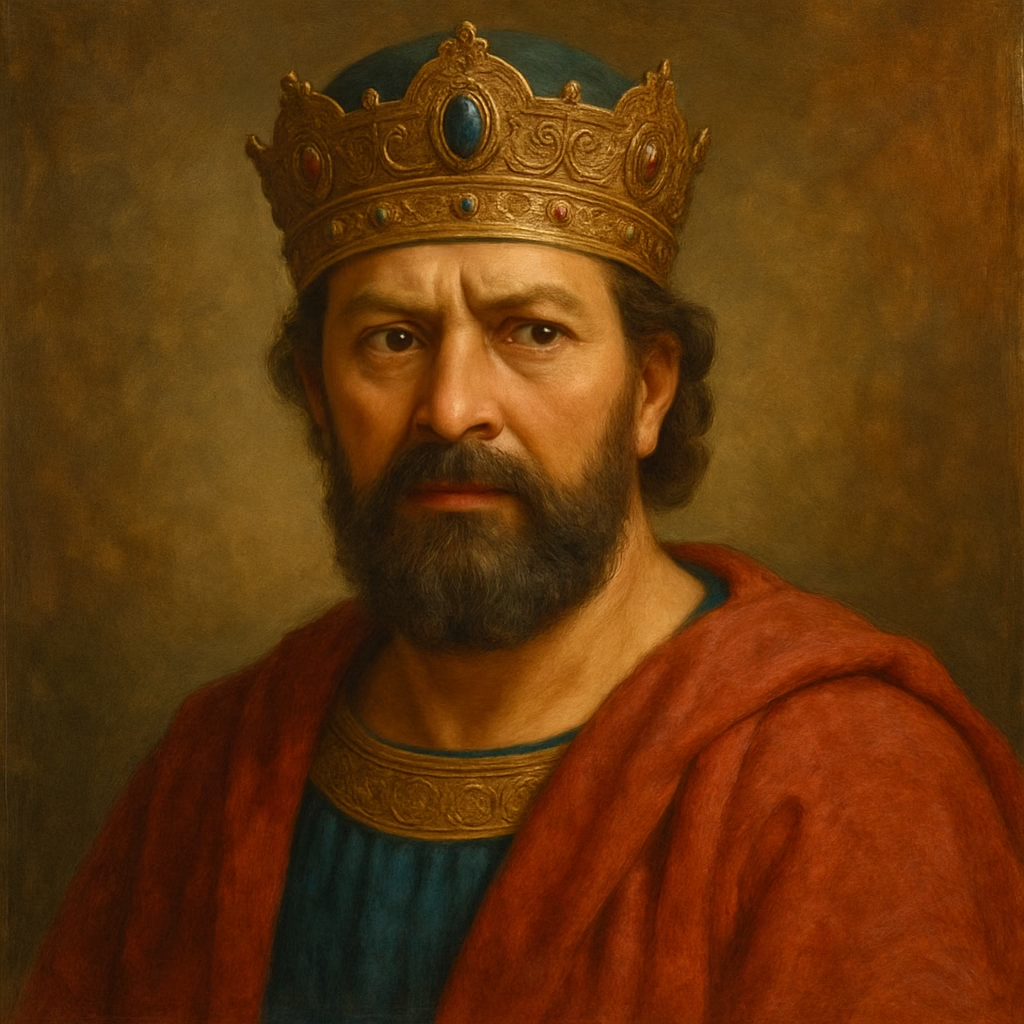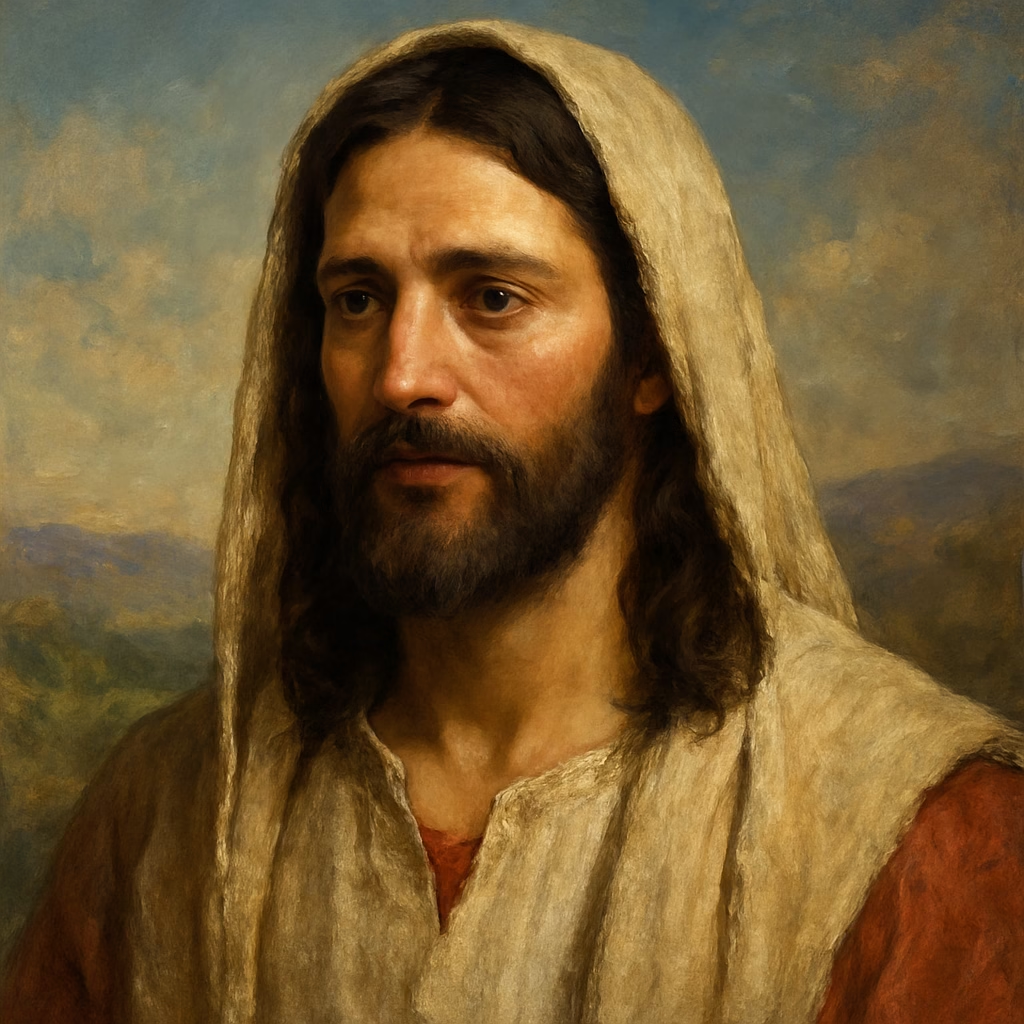📖 Who Was King Jehoshaphat?
King Jehoshaphat was the fourth king of Judah, ruling for 25 years (872–849 BC), and is remembered for his commitment to the Lord and his unusual battle strategy: faith, not force.
“The Lord was with Jehoshaphat because he followed the ways of his father David before him.” – 2 Chronicles 17:3
He sought to reform the nation spiritually, removed idol worship, and sent officials to teach the Book of the Law throughout Judah (2 Chronicles 17:9). He was a man who truly believed in trusting God’s plan.
⚔️ A Crisis of Faith: The Day Jehoshaphat Faced Invasion
One of the most famous events in Jehoshaphat’s life is found in 2 Chronicles 20. When a vast army came against Judah, Jehoshaphat didn’t turn to alliances or military power. Instead, he turned to prayer:
“We do not know what to do, but our eyes are on You.” – 2 Chronicles 20:12
Jehoshaphat proclaimed a national fast, gathered the people, and led them in seeking God. Then, the Spirit of the Lord spoke through Jahaziel the prophet:
“Do not be afraid or discouraged… For the battle is not yours, but God’s.” – 2 Chronicles 20:15
🎶 Worship Was His Weapon
Instead of putting warriors at the front line, Jehoshaphat placed singers and worshippers ahead of the army to praise the Lord.
“Give thanks to the Lord, for His love endures forever.” – 2 Chronicles 20:21
As they worshiped, God set ambushes against the enemy, and Judah won the battle without lifting a sword. Victory came through faith and praise, not military strength.
📜 Key Lessons from King Jehoshaphat
1. Seek God First, Not Last
Jehoshaphat didn’t wait for things to fall apart, he led with prayer. When faced with fear, his first step was to seek God together with the nation.
2. Let God Fight Your Battles
His famous line, “the battle is not yours, but God’s,” is a timeless reminder that many battles are spiritual, and they’re won through trust, not effort.
3. Worship Is a Weapon
Worship in the face of fear is an act of faith. It confuses the enemy and invites the presence of God into your situation.
4. Avoid Bad Alliances
Jehoshaphat made a poor decision partnering with King Ahab (2 Chronicles 18). His story reminds us that even faithful leaders must use godly discernment in relationships.
🙏 A Prayer Like Jehoshaphat’s
“Lord, when I feel surrounded by fear or overwhelmed by life’s battles, help me to remember that the battle belongs to You. I fix my eyes on You. Lead me by Your Spirit and teach me to worship while I wait. Strengthen my heart to trust You fully. In Jesus’ name, Amen.”
💡 Devotional Takeaway
“Faith leads with worship even when fear says to run.”
Jehoshaphat teaches us that we don’t fight fear with fear – we fight it with faith, fasting, prayer, and praise. When you let God lead the battle, He leads you to peace.
❓ FAQ About King Jehoshaphat
Q: What is King Jehoshaphat known for in the Bible?
A: He’s best known for his leadership during a military crisis in 2 Chronicles 20, where he trusted God, led the nation in prayer, and won the battle through worship.
Q: What was Jehoshaphat’s battle strategy?
A: Instead of fighting with weapons, he placed worshippers at the front of the army, trusting God to deliver them. God defeated their enemies without Judah lifting a sword.
Q: What can we learn from King Jehoshaphat?
A: Trust in God, seek Him first, use worship as a spiritual weapon, and be cautious about ungodly alliances.
Q: Did Jehoshaphat make any mistakes?
A: Yes, he allied with the wicked King Ahab, which nearly cost him his life. It’s a warning about compromising with ungodly influences.






